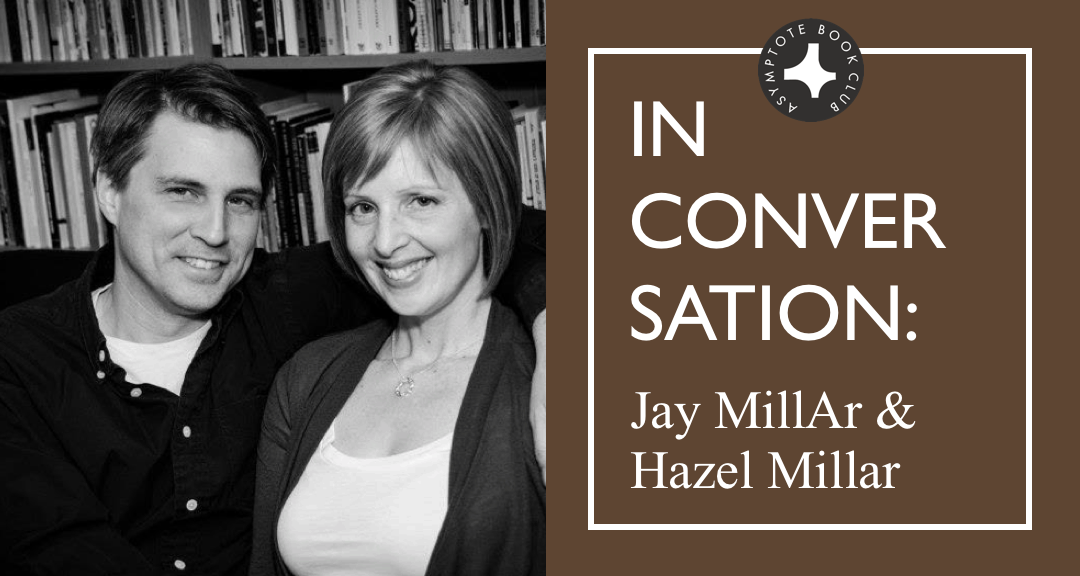This week, our writers bring you the latest news from the Vietnamese diaspora, Malaysia, and France. This month celebrates children’s literature in the Vietnamese diaspora, with a host of events and literary magazine Da Màu publishing a special issue. Malaysia also anticipates an exciting month with two Malaysian-born women recently making the longlist for Warwick Prize for Women in Translation and the shortlist for the Malaysian Migrant Poetry Competition due to be announced today. A second lockdown in France has instigated an appeal by publishing and bookselling unions to keep bookshops open—and the prestigious Goncourt prize has postponed announcing its 2020 winner until this happens. Read on to find out more!
Thuy Dinh, Editor-at-Large, reporting from the Vietnamese Diaspora
October 2020 is Children’s Literature Month for the Vietnamese diaspora. The Vietnamese American Arts & Letters Association (VAALA) is currently hosting its first online, month-long Viet Book Fest, which features readings by authors, followed by interactive Q&A sessions, and culminating in a Halloween celebration and book auction on October 31. About thirty families have attended each session, and Facebook live engagement has reached close to 1,000 people.
Vietnamese diasporic literature, representing “the losing side,” suffers from double marginalization since it belongs neither to the Vietnamese literary tradition inside Vietnam nor its host country’s mainstream tradition. To resist this condition, Viet Book Fest titles share an endeavor analogous to translation: how to preserve the diasporic community’s collective memory and make it resonate in a transplanted, multivalent milieu.
Tran Thi Minh Phuoc’s Vietnamese Children’s Favorite Stories teaches foundational stories—many of which are epistemological—such as how the Vietnamese came to eat bánh chưng (“offering earth cake”) during the lunar new year, and how the monsoon season originated from an ancient rivalry between the Mountain Lord and the Sea Lord. Minh Le’s Green Lantern: Legacy reconciles conflicting cultural values, where a Western-based superhero myth centering on innovation and technological prowess is rewritten to include a Vietnamese viewpoint that incorporates community legacy and compassion. The idea of non-conforming identity as a magical construction is reflected in Bao Phi’s My Footprints, where a Vietnamese-American girl learns to take pride in her two moms and her heritage, as symbolized by her embrace of the fenghuang (phoenix) from East Asian mythology and the Sharabha from Hindu mythology. Lastly, Viet Thanh Nguyen and Ellison Nguyen’s Chicken of the Sea extols peace, where the victorious King of the Dog Knights grants amnesty to the defeated chicken pirates and welcomes them with a big party. READ MORE…





